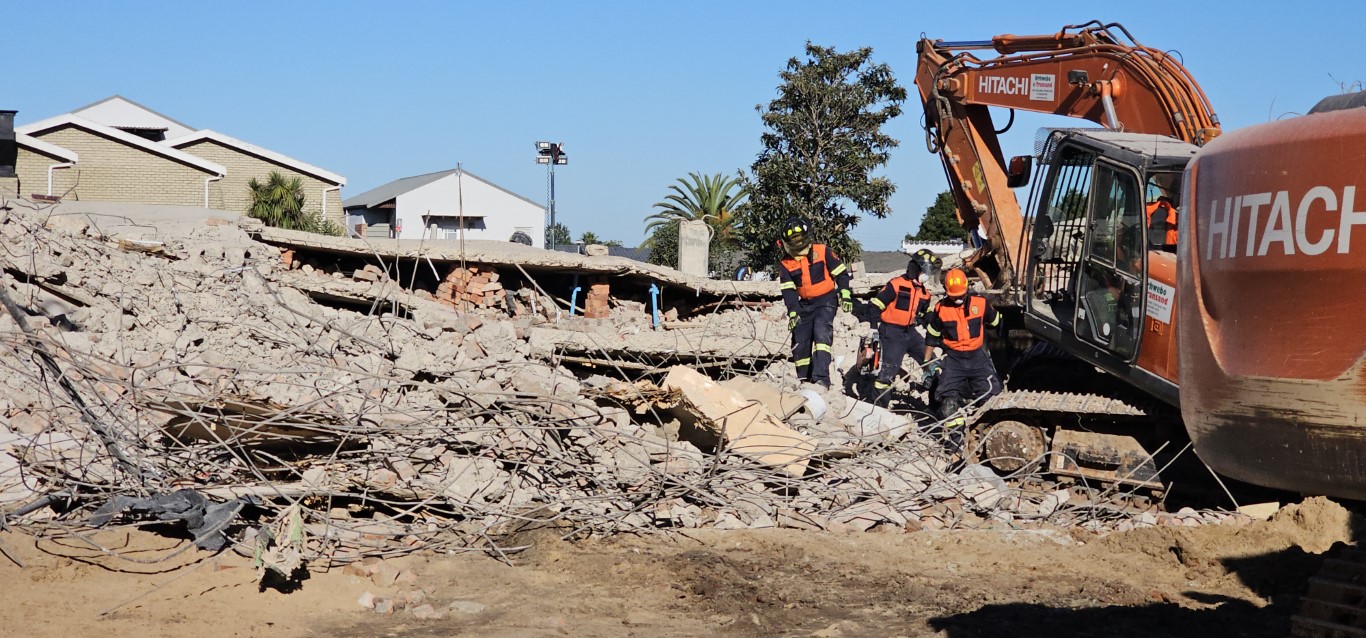NATIONAL NEWS - The Engineering Council of South Africa (Ecsa) issued a corrective media release on Thursday 14 August following its statement on 22 July in which it had announced the guilty verdict of its disciplinary tribunal against the structural engineer implicated in the Victoria Street building collapse last year.
Ecsa’s 22 July statement set out the charges on which it had found the engineer, Atholl Mitchell, guilty in terms of the Engineering Profession Act of 2000, and announced that he had been deregistered, and that he had been fined.
The council issued the correction only after Mitchell’s legal representative, Ryan Hall of Ryan Hall Attorneys in Cape Town, launched urgent proceedings before the Western Cape High Court to apply for an interdict against Ecsa to issue a correction. Ecsa conceded before the application was to be heard on 12 August and the application was withdrawn, with each party bearing its own costs.
In a statement, also issued on 14 August, Hall said, “This clarification is essential to protect the integrity of the appeal process and to ensure that reporting on the matter accurately reflects its current legal standing. We emphasise that no adverse findings against Mr Mitchell are presently final or enforceable.”
Hall’s motion papers in the High Court states that when Ecsa published the tribunal’s findings and rulings, an appeal process had already been under way. This means that Ecsa contravened section 33(4) of the act which prohibits the council from publishing the outcome of a tribunal hearing until such time as the appeal process has been concluded, and Ecsa or the Council for the Built Environment (CBE), or both, has decided the appeal. Hall argues that the tribunal hearing was therefore flawed or even invalid.
However, the act is silent as to whether Ecsa is permitted to publish before an appeal has been validly and timeously lodged. Hall argues that this is a deficiency in the legislation which “seemingly” gave Ecsa reason to a rationale that it was allowed to publish the tribunal’s findings when it did.
 Part of the imploded building during recovery operations. Photo: Alida de Beer
Part of the imploded building during recovery operations. Photo: Alida de Beer
Mitchell’s intention to appeal was first communicated to Ecsa in writing on 10 July, after the council informed him on 3 July of its ruling. His official appeal was lodged on 31 July, in time before the appeal period lapsed on 3 August, but after Ecsa had issued its original statement on 22 July. Hall contends that Ecsa’s rationale deafeated the purpose of the act - that no publishing should happen within the 30-day period after informing the offending party of the tribunal’s decision.
The quoted legislation envisages a two-tiered process, according to Hall’s interpretation: Firstly determining whether the person is guilty, and thereafter, allowing the person to make representations.
“This was not done in the present matter where the Tribunal held only a single hearing at which it decided both on the merits and the sanction … the Tribunal proceedings were not even validly concluded by the time Ecsa had released its media statement”. Hall calls Ecsa’s release defamatory and its conduct “simply unlawful”.
According to the motion papers, Mitchell had to move from his home as he is fearing for his safety. “With this media statement in the public domain, there is a real risk that it may trigger aggrieved persons to justify viewing the applicant as the proverbial villain and seek to do him harm.”
Findings revealed to media in George
Ecsa’s findings were already communicated to the media during a briefing held on 19 July in George during a visit by the National Minister of Infrastructure, Dean Mcpherson, who came here to share the findings of Ecsa’s engineering report with the injured workers and families affected by the building collapse.
Read another article:
Many red flags ignored before Neo Victoria building collapse
‘We bring you the latest Garden Route, Hessequa, Karoo news’

















